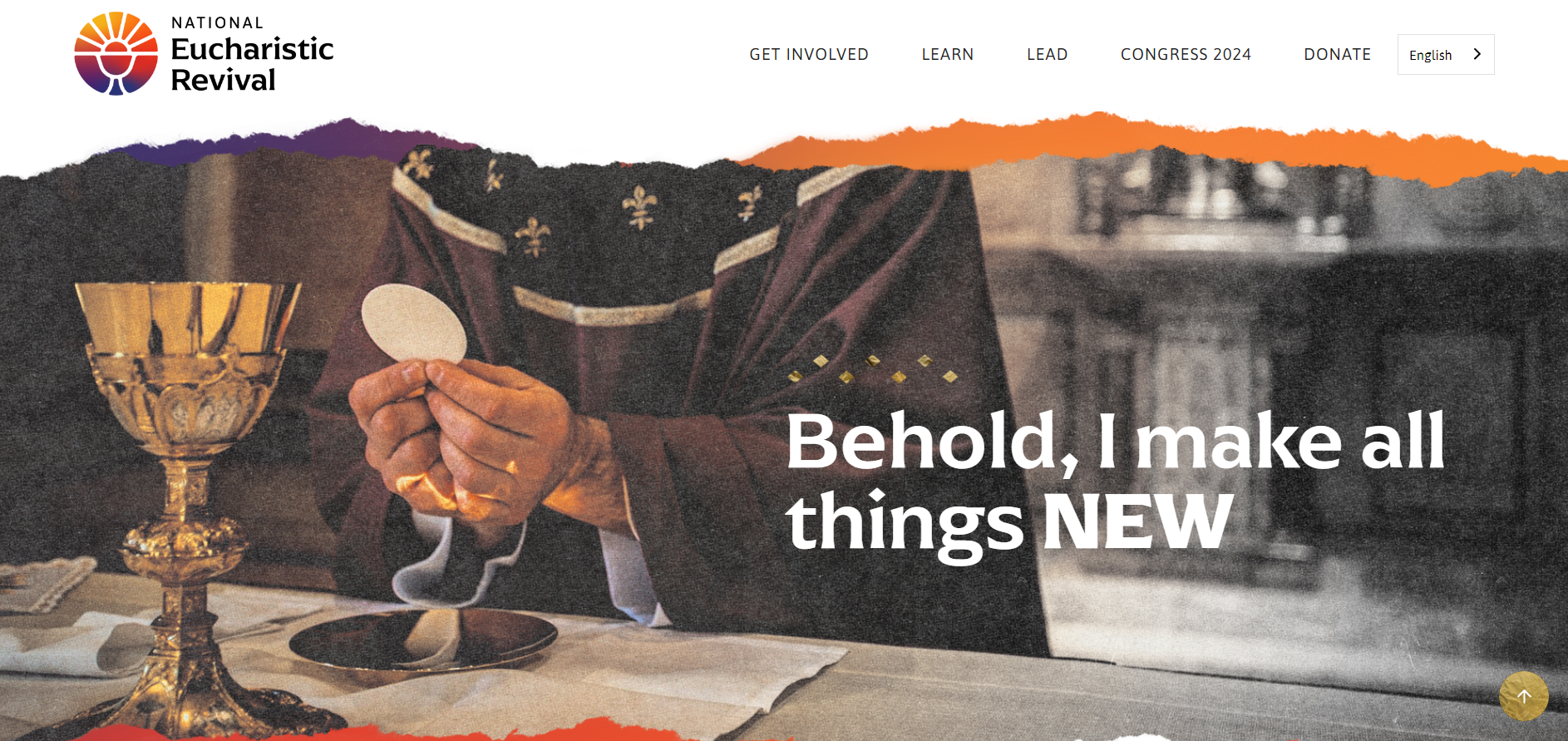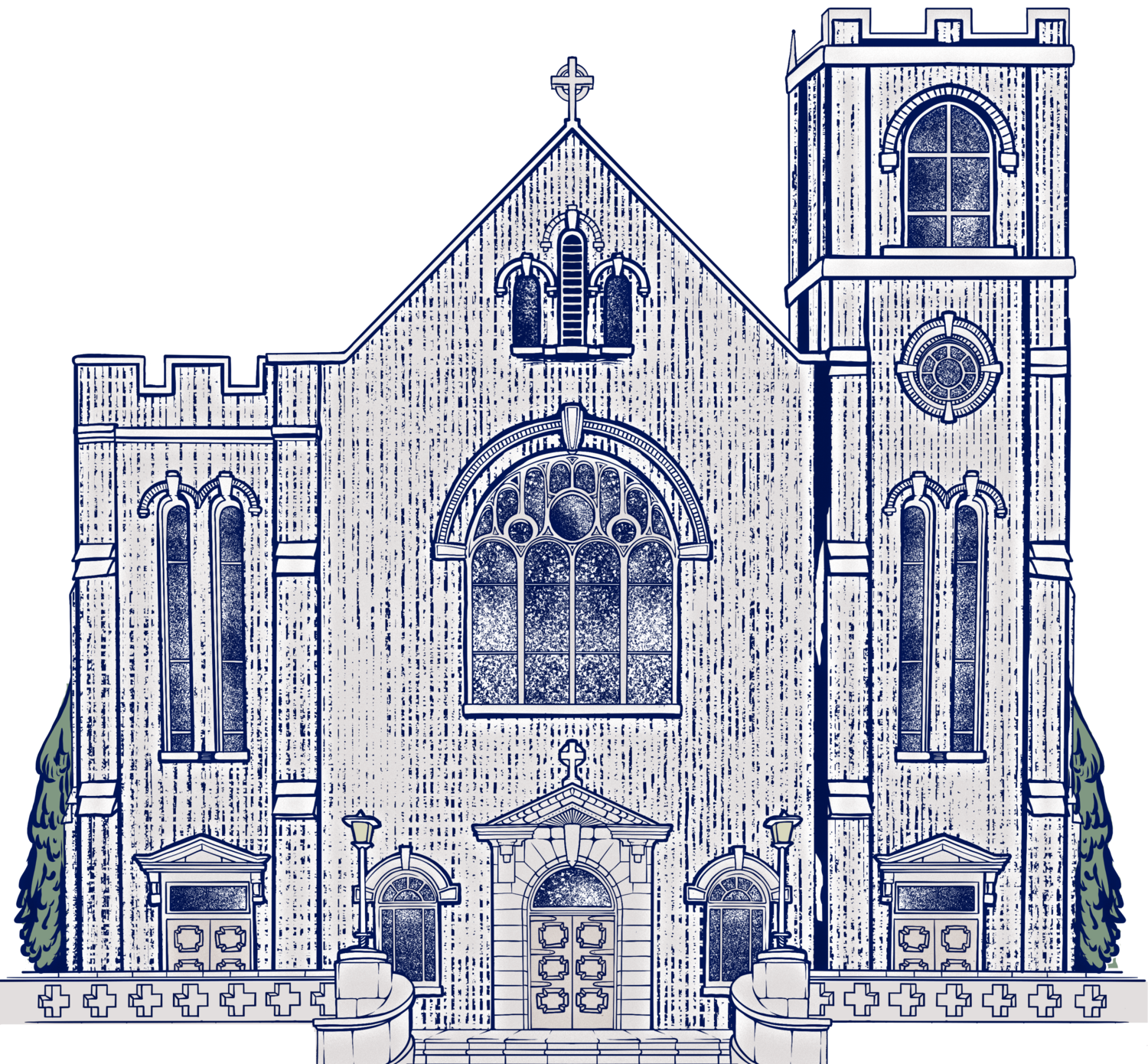
“In the Eucharist and in all the sacraments, we are guaranteed the possibility of encountering the Lord Jesus and of having the power of his Paschal Mystery reach us.”
Pope Francis, Desiderio Desideravi:
On the Liturgical Formation of the People of God, paragraph 11
Liturgical Formation
Welcome to the Liturgical Formation webpage!
Here you will find a variety of resources to deepen your love and understanding of the Mass.
Celebrating the Eucharist as a community is the source and summit of our Catholic faith.
By growing in knowledge and love of the liturgy, we can experience Christ’s saving work more fully
every time we go to Mass and truly become the Body of Christ in our daily lives.
LEARN the Mass
-
The word “liturgy” comes from the Greek “leitourgia” which means “public work” or “work of the people.” As it entered Christian usage, it began to refer to the way the People of God participate in the work of God. That means that liturgy is both the work of God and the work of human beings. Liturgy is where heaven and earth meet in a unique way.
The Mass is the most common form of liturgical celebration, but there are many other forms of liturgy. For example, the “Liturgy of the Hours” is the prayer of the Church - the second highest form of prayer besides Mass. All priests, religious sisters and brothers, and many lay people pray the Liturgy of the Hours every day. It is meant to sanctify our entire day which is why it includes morning prayer, evening prayer, night prayer and even other hours in between.
Liturgy can also refer to the celebration of other sacraments even outside of Mass such as Baptism, Reconciliation services, and Anointing of the Sick in the home or in a hospital. These sacraments are liturgical because we participate in God’s work of salvation that comes from celebrating the sacraments.
-
The Mass is the highest form of liturgical prayer. Mass is the “source and summit” of our faith because we actively participate in Jesus’ passion, death, and resurrection through our celebration of the Eucharist. All aspects of our relationship with God flow from (source) and point toward (summit) Jesus’ death and resurrection which is why the Mass is so central to our faith.
The Church invites us to attend Mass every Sunday, no matter where we are, because giving thanks to God (Eucharist = “thanksgiving”) is “right and just,” it is “our duty and salvation.” Mass is where we partake in the Wedding Feast of the Lamb, the joyful celebration of heaven meeting earth. And God invites us over and over again to come to this Feast, to receive life, nourishment, peace, and joy through the Eucharist.
LOVE the Mass
-
Mass is less of an informational seminar and more of an active participation in God’s saving work on earth. In Mass, we acknowledge that God is active and present in our lives – on the altar and in every moment at home, at work, on vacation, running errands, sitting at soccer practice, and wherever else we may be.
We can “get more” out of Mass by remembering that it’s not like going to the movies or listening to a lecture. God has made us active participants in this world and in the celebration of Mass. The word “Eucharist” means “thanksgiving.” This means that our celebration of the Eucharist at Mass is all about remembering the gifts God has given us and offering to God our own return gift of praise and thanksgiving.
At Mass, we aren’t just watching the priest do something. Instead, because of our baptism, we all are participants in the sacrifice (offering) of the Mass. We go to Mass to recall how God has loved us and to respond by offering our hearts, our lives, our joys, our sorrows, our work up to God on the altar. Like the offering of bread and wine, we know that God will transform our little offering into something much greater than we could ever have imagined.
-
Just like any other thing that we participate in, it’s always helpful to prepare our hearts before going to Mass. There are many ways you can prepare for Mass, but here are a few suggestions:
Read the Mass readings before you get to Mass and reflect on how God is speaking to you through them
Keep the car silent on your drive to church to attune your heart to God’s voice
Consider fasting from food or coffee one hour before Mass as an intentional act of sacrifice
God’s love transforms us no matter how much or little we prepare, but all these small actions can help to lift our hearts and mind to God so that we can better encounter Christ in Mass.
LIVE the Mass
-
“Mass” and “mission” share the same Latin root word: missa. That means that our experience of Mass isn’t meant to be confined to the church building. It means that Mass isn’t an escape from daily life or simply an obligation to check off before Sunday brunch. We’re missing the point if we don’t let the Mass spill over into every part of our daily lives.
When the priest or deacon invites us to “Go forth, glorifying the Lord by your life,” we respond: “Thanks be to God.” That “Thanks be to God” is not just an empty response. It’s an acceptance of a mission. We glorify God at Mass, yes. But we’re called to glorify the Lord by our life – by our daily decisions, in the way we prepare our kids’ lunch, in the way we speak to our spouse, in the way we interact with co-workers, friends, and family.
All of our daily actions should be shaped by our experience of Jesus at Mass. Through the readings, Mass trains us to remember the difficulties and blessings of our lives. Through the petitions, Mass trains us to pray for the world and the church and to take action to serve others. Through the offertory, Mass trains us to be generous with our time and talents. Through Communion, Mass trains us to become the Body of Christ that we receive.
Mass forms us to live liturgically. And living liturgically means aligning the rhythm of our daily busyness to the rhythm of God’s life. Living liturgically means living a life of selflessness and gratitude.
-
We certainly receive the Eucharist to experience communion with God. But sharing the Eucharist as one community of worship also calls and transforms us to become the Body of Christ in the world. When we leave Mass, we are meant to leave as transformed people, sent out to the world to glorify God by our lives. Below are some suggestions for how to connect Mass with your daily life:
Be gracious in the parking lot, in the home, at the restaurant. If we have experienced God’s transforming love in the Eucharist, we should express that grace in the first places we go after Mass: the parking lot, our home, a restaurant. Go the extra mile to be a witness to God’s love on Sundays after Mass.
Offer the stresses of the week up to God. Use the Mass as a blueprint for how to offer up sufferings, worries, stresses, and anxieties up to God. In the offertory at Mass, we bring bread and wine to the altar, we give monetary donations, and we “lift our hearts up to the Lord,” praying that God would transform our offerings. We can do the same in our daily lives: offering every annoyance with a family member, every playroom mess, every frustrating conversation with a colleague, every petty drama at school up to the Lord, praying that God would transform them into moments of grace.
Serve others. When we truly participate in Mass, we become more Christ-like. So when we go out from Mass, we must also serve others, work for justice, and spend time with the outcast just like Jesus did. Mass helps us to become less self-centered and more attentive to the needs of others.
Videos & Series on the Mass
-
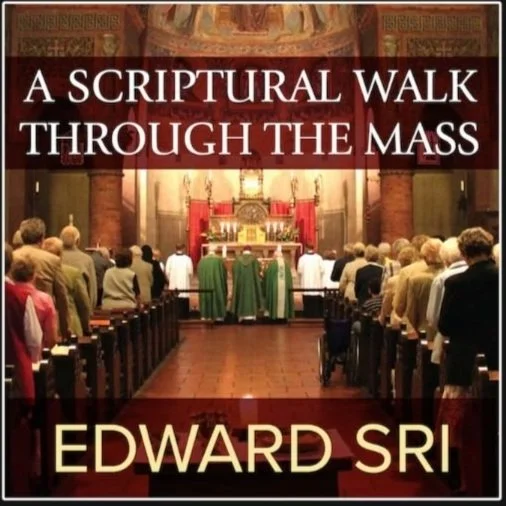
A Scriptural Walk through the Mass
-

Bishop Barron's Series on the Mass
-
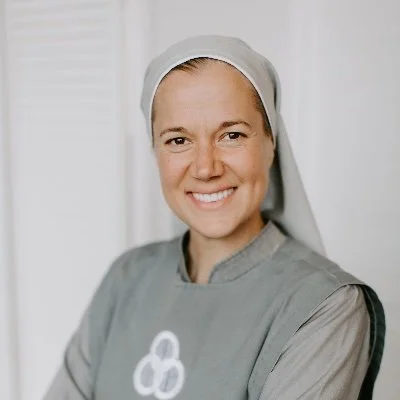
Sr. Miriam James on the Eucharist
-

Elements of the Catholic Mass
-

Presence: The Mystery of the Eucharist
-
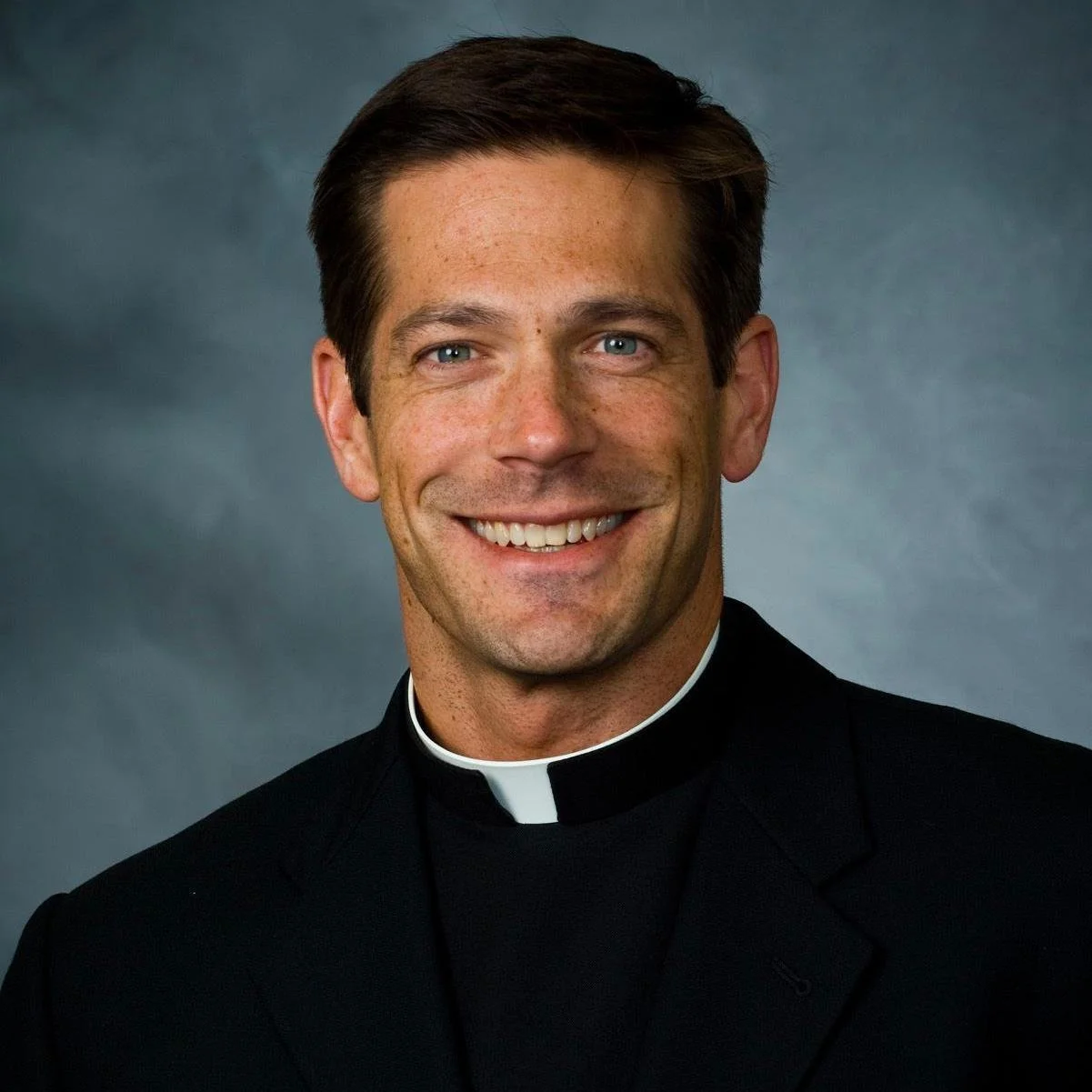
Pray the Mass Like Never Before
Books on the Mass
-
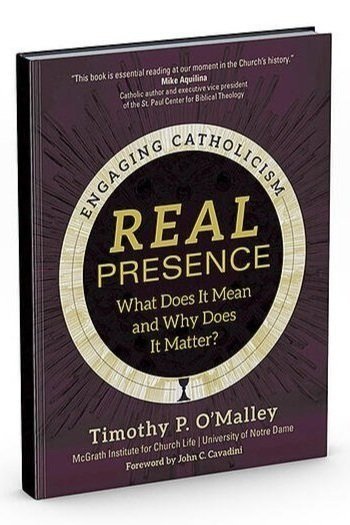
Real Presence: What Does It Mean and Why Does it Matter?
by Timothy P. O’Malley
-

Eucharist
by Bishop Robert Barron
-
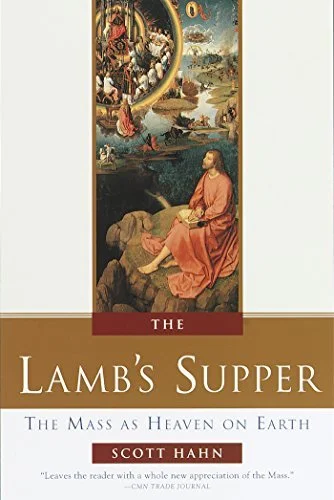
The Lamb's Supper
by Scott Hahn
-
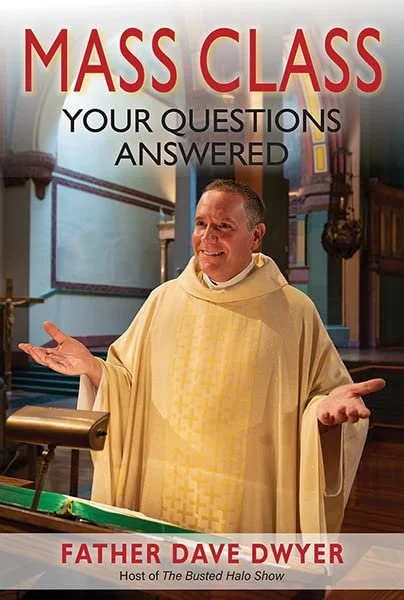
Mass Class: Your Questions Answered
by Fr. Dave Dwyer
-

Becoming Eucharistic People: The Hope and Promise of Parish Life
by Timothy P. O’Malley
-
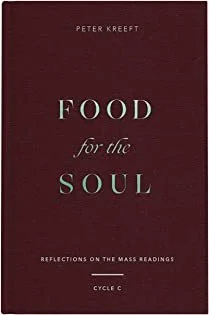
Food for the Soul: Reflections on the Mass Readings (Cycles A, B, C)
by Peter Kreeft
Click below to learn more about the
